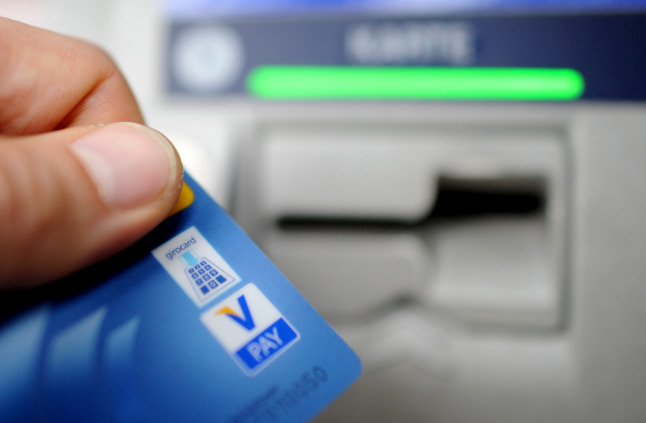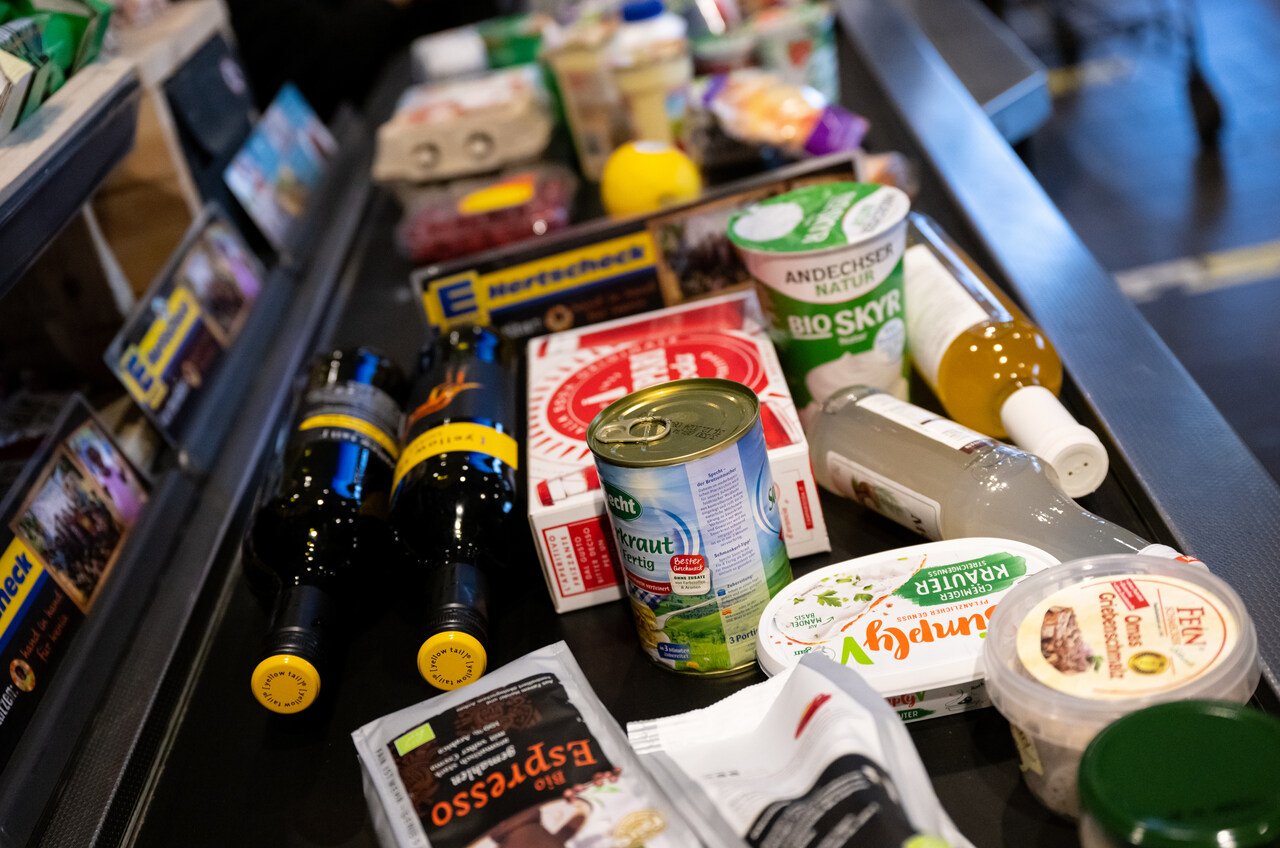At a time when interest rates are skyrocketing and the cost of living is high, it’s important for foreigners in Germany to find a good bank that doesn’t charge them excessive fees to open, and maintain, a Konto.
Unfortunately, that isn’t always as easy as it should be.
What sort of bank should I look for?
Among the 25 Local readers who took our recent survey on banking and savings account recommendations, there were a few must-haves for any Konto: low fees (including free cash withdrawals), availability of ATMs compatible with their card and efficient customer service.
But they were divided on whether it’s best to stick with a ‘traditional’ German bank with in-person branches, or a purely online bank that could have lower (or no) annual fees and be easier to open.
READ ALSO: Why German banks are threatening customers with closures
English customer support – even at traditional banks
For many foreigners in Germany – especially those who have recently made the move to the Bundesrepublik – it’s a given to find a bank that also offers customer support in English.
While several readers suggested online banks geared towards international residents, others pointed out that some traditional banks in Germany also offer English customer support – with varying levels of reliability.
Paul Filkin, 62, a Brit living in Göttingen said he had been pleased with Deutsche Bank but advised against Commerzbank. “They profess to have English support but I have found them arrogant and very difficult to deal with,” he said.
Yet Shila, 40, an Indian living in Mainz recommended Commerzbank, pointing out that they had offered him customer support in English, even outside of the official windows for it.
Stephanie, 38, an American in Munich, said that either Commerzbank or Deutsche Bank could suit her needs, but that Sparkasse offered very limited English support.
Are online banks better?
Several readers advised sticking with N26, Revolut or Wise, pointing out that accounts can be quickly opened and that customer support in English (and several other languages) is the norm.
Rudolph, 32, from South Africa, opened an account with Berlin-based N26 soon after arriving in Germany four years ago as he did not need much documentation to open an account.

“Some banks are just very strict if you do not have a permanent job contract and / or permanent residency,” said Rudolph.
But the downside is that most free accounts don’t offer support by phone, meaning that a lost card or account issues can turn into a long ordeal to solve.
“The online banks can be dodgy,” said Shiva. “It is all fine when things go smoothly but one may be stuck with no physical bank or person to help when some crisis happens like fraudulent transactions.”
“My experience with N26 has been good, although I’ve heard some bad things online about them,” said Peter, 39, who lives in Berlin and is from the UK. “An additional disadvantage is that you can’t just go into a branch and talk to an actual person when something goes wrong.”
Longer-term savings possibilities
Is Germany a good place not just to store, but also grow, your Geld? Readers were again divided.
Some advised looking to save up money elsewhere, pointing out the low interest rates in Germany as compared to other countries.
“In terms of savings accounts, none are particularly competitive by US or UK standards,” said Peter.
One Berlin resident from India advised “to invest money in the US or Asian markets or elsewhere. You can’t save money or grow it here with a measly three percent interest rate.”
Shila advised diversifying savings possibilities.
“Financial assets like Stocks, Bitcoins and funds help money grow faster year on year. A 12 percent annualized return may sound small but the compounding effect over 20 years is significant.”
READ ALSO: What to know about cryptocurrency in Germany
Smijo, 30, an Indian in Berlin, has a specific list of companies which he turns to maximise his savings.
“I use Raisin GmBH for higher interest rate with guarantee or Trade Republic for Index fund investments or Pensionfriend for private pension,” said Smijo, who also has the online account Wise for his daily transactions.
But another 40-year-old reader in Munich added that nothing beats professional advice since every individual situation is different.
“EFT‘s are probably the best, but I‘d however advise anyone to first speak to a trading or financial professional.”
But for those who want to take money matters into their own hands, Simon Spade, a retired Brit living in Frankfurt, said to “check one of the comparison websites for the best rates.”
READ ALSO: What you should know about investing in Germany





 Please whitelist us to continue reading.
Please whitelist us to continue reading.
Member comments